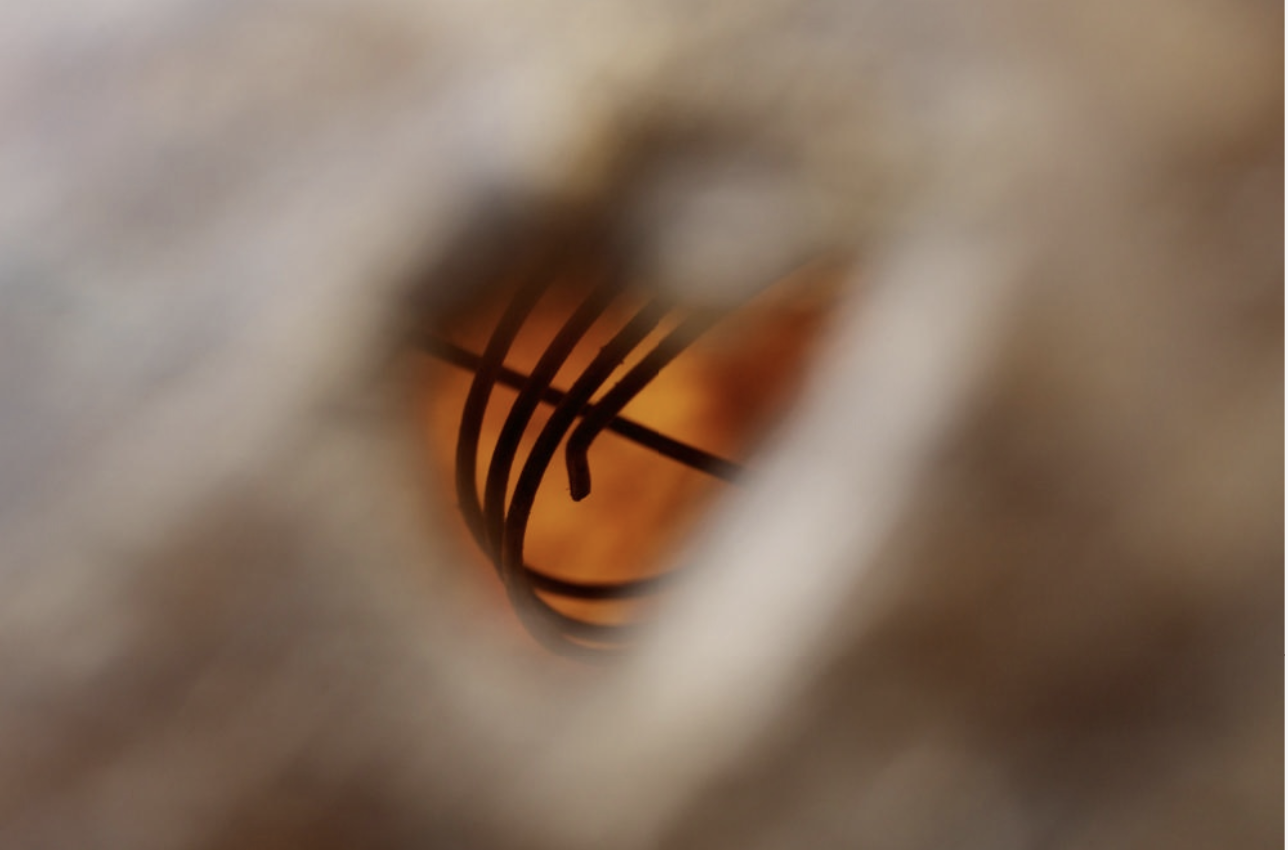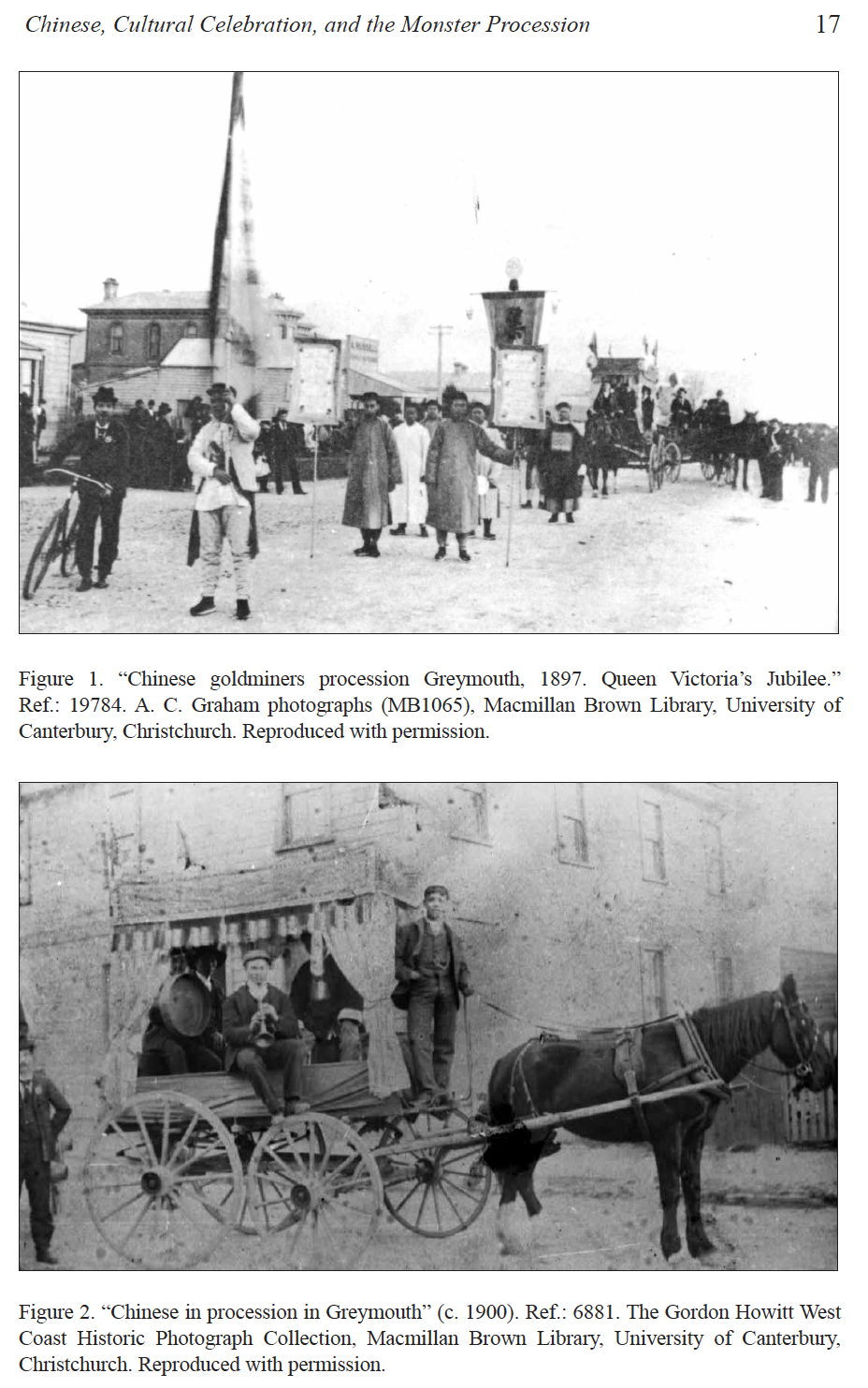Chinese tom tom
 https://ehive.com/collections/3278/objects/1339182/musical-instrument-drum-chinese-tom-tom
https://ehive.com/collections/3278/objects/1339182/musical-instrument-drum-chinese-tom-tom
From
Name/Title
Musical instrument, Drum, Chinese tom tom
About this object
A Chinese tack head, tom tom drum.
We were fortunate to have Professor Henry Johnson from the University of Otago, Department of Music, inspect this drum on 8 October 2021 as part of his research into the history of Chinese music in New Zealand. Here are his notes:
”This is a double-headed frame drum with pig-skin heads tacked around the wooden body on both sides. There is a small hole in one skin due to damage. The drum’s body is made of several pieces of wood that have been joined together, which help form a slight barrel shape. Inside the drum, there is a metal spring device that rattles when the drum is played.
This type of drum is from China (particularly southern China and from Guangdong Province – Canton) and was known especially in the Western world during the development of the early drum kit in the early decades of the 20th century (especially the 1920s). Western drum manufacturers in the United States of America and Europe would import the drums from China for use in the early ‘trap’ set, which would usually include an array of other sound-producing devices (Chinese cymbals and Chinese temple blocks were also used). Such drum kits were used in early jazz, and also in theatre and silent film, where their various instruments helped provide numerous sound-effects. With jazz, this type of drum was gradually replaced by Western-made drums, at first with an upper tuneable head and later with both heads tuneable. At the same time, the drum’s body became tubular, rather than the shallow barrel shape of the Chinese drum.
In China, there are several names for the drum, such as biǎngǔ (‘flat/shallow drum’). In the West, this drum is known by other names, including Chinese tom and chee-foo tom (amongst several other spellings).
The drum has brightly coloured pictorial decoration painted on both skins, all of which has an auspicious meaning. On one side, there is a dragon with its mouth wide open and body spreading around part of the drum skin in the clouds, and with a lion in the centre of the skin, also with its mouth wide open. On the other side, there is an image of another Chinese mythical creature, the phoenix. Above the phoenix’s head, there is a Chinese ideograph for the “sun/day” with cloud decoration all around.’
This drum may be related to the settlement of Chinese miners at the Round Hill Gold Mine in Western Southland.
Maker
Maker Role
Maker
Date Made
1920-1940
Place Made
Medium and Materials
organic, animal, skin, mammal skin, pig skin
organic, vegetal, wood
processed material, metal
Inscription and Marks
Written in black ink on top of side decorated with dragon: ‘W2001.420’
Measurements
diam 285 mm x d 100 mm
Subject and Association Keywords
Subject and Association Keywords
Object Type
Object number
RI.W2001.420
Chinese, Cultural Celebration, and the Monster Procession at Queen Victoria’s Diamond Jubilee Celebration in Greymouth, New Zealand, in 1897

Johnson, Henry. 2024. Chinese, Cultural Celebration, and the Monster Procession at Queen Victoria’s Diamond Jubilee Celebration in Greymouth, New Zealand, in 1897. New Zealand Journal of Asian Studies 26 (1): 5–22 [ISSN 1174-8925]


Recent Comments